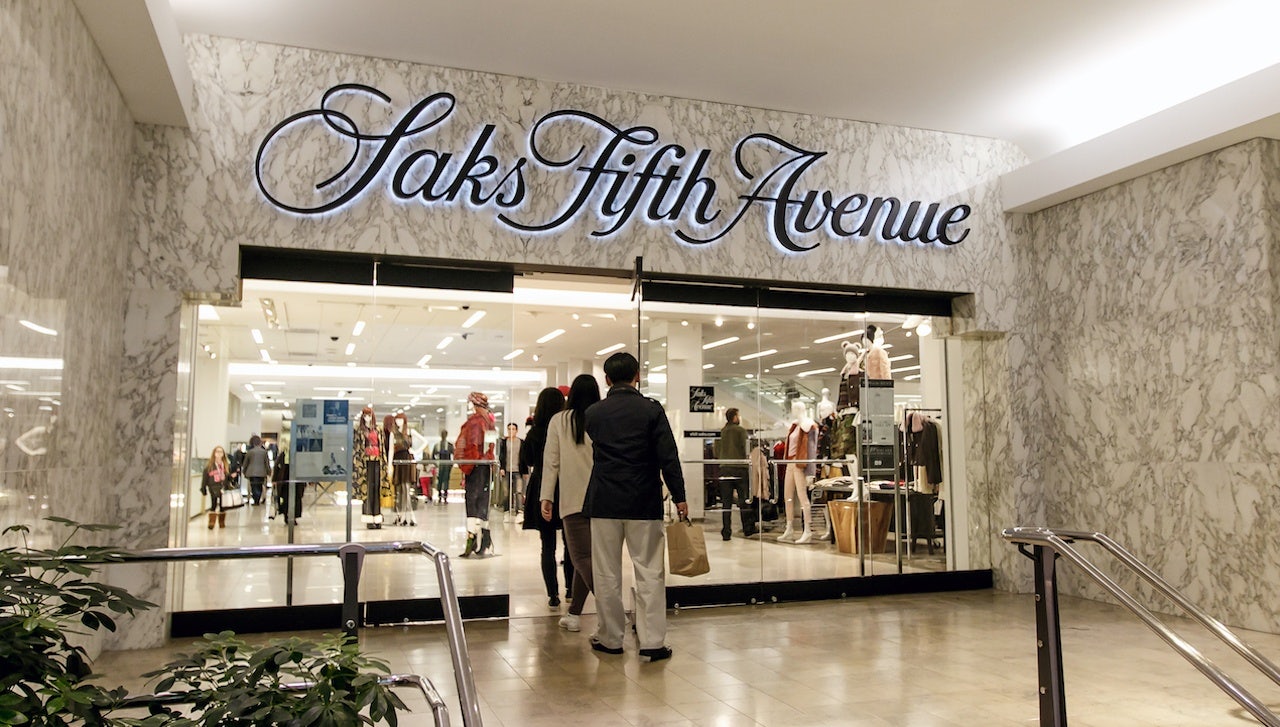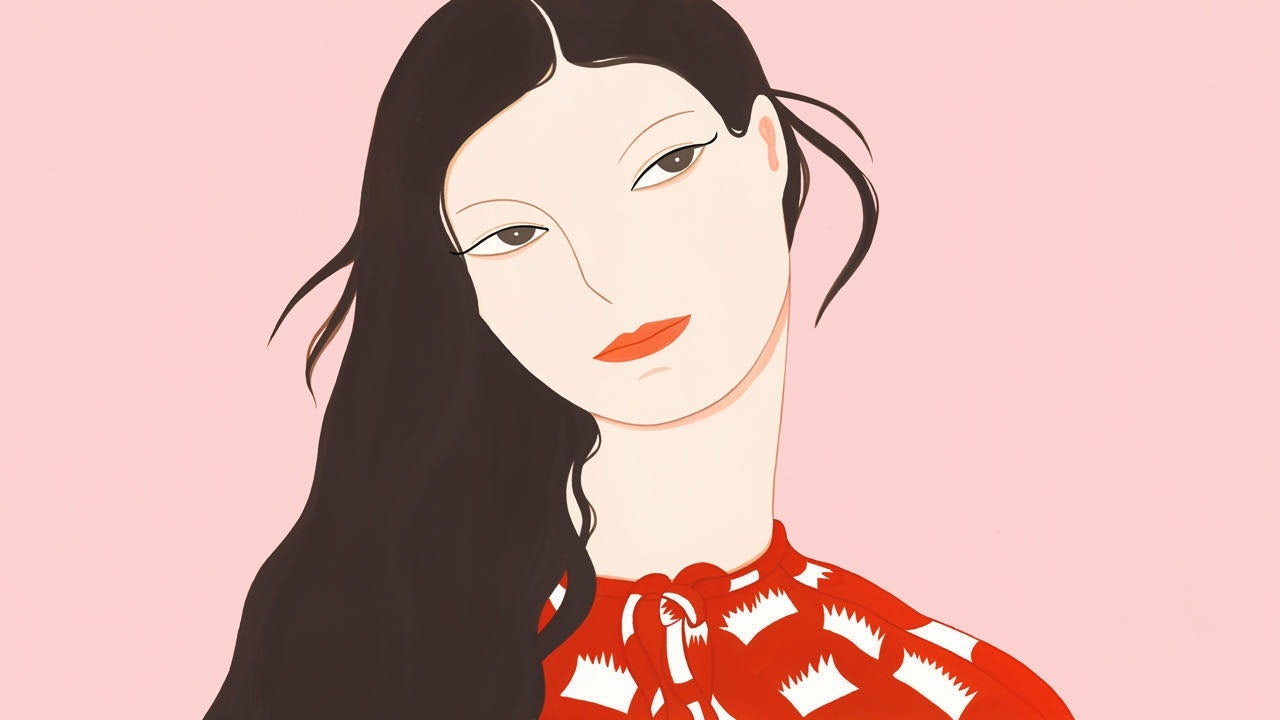In response to the coronavirus, Jing Daily is highlighting the community of individuals that together are building the luxury industry in China. Our interviews are illustrating the individuals who are contributing to the fashion community, from consumers and behind-the-scenes employees to business executives and influential creatives. Sophia Jin, a young consumer who has shifted in her consumption to the role of active brand co-creator, is the next in our series.
I connected with Jin last Sunday afternoon. Because of the coronavirus most of China is home quarantined, which makes it hard to distinguish a weekday from the weekend. On a WeChat call, Jin’s high energy filled the conversation with a wealth of observations. “Everyone now stays a few feet from each other, we call it the Scandinavian distance,” she joked as she recounted a rare venture outside.
The 25-year-old Shanghai native, Sophia Jin, counts as one of the 40 percent of Chinese millennial consumers that will attribute to the $1.5 trillion luxury sales made in China by 2025. In a hypothetical consumer research setting, she would be listed as a young Chinese millennial educated abroad; a fashion devotee and only child from a well-off middle-class family. But the evolution of her relationship with the world of luxury and fashion can’t be reduced to such stereotypical labels.

As a young child, Jin dreamed of being just like Anne Hathaway’s character in the 2006 Hollywood film based on the fashion industry, The Devil Wears Prada. As a Shanghainese, she grew up in the fashion capital of China, passing the likes of Gucci and Louis Vuitton’s hoarding along the Nanjing West road on a weekly or daily basis. The American reality TV show Project Runway — known for its caustic presenter Tom Gunn — also had a particularly strong impact on her growing up. Each week she watched designers create dazzling outfits in the hope of being offered a coveted slot at New York Fashion Week and dreamed of a career in the fashion industry.

This dream became a reality when she was admitted to Boston University in the US and majored in Communication Studies — a track that would tailor-suit her to a career in fashion public relations. Her Boston school, located in the heart of Ivy Leagues like MIT and Harvard, was filled with Chinese students known as Fu’erdai, meaning well-cushioned, only-children sent for a rigorous education by wealthy parents. It was commonplace to spot them dressed in identikit clothing from brands like Canada Goose, Gucci, and Dior, hanging around the local luxury mall (Copley Place) as they swapped credit card swipes for the latest trends.
Conscious of this fact, Sophia wanted to be more than a trend-follower. She went to get a business graduate degree and immersed herself in the luxury business category. When she returned to China, she started her career in the PR sector at a luxury management company where she helped the company to build a truly homegrown Chinese luxury brand. The dream was big and hard to achieve and the young returnee soon discovered the intricacies of navigating luxury on the mainland: "In China, luxury is about preserving culture and heritage... It's hard to capture the soul of this business and turn it into a profitable one."
At one point in the conversation, Jin recalled a time when she attended a luxury retail event when the words of Laurent Claquin, President of Kering Americas, had a strong impact on shaping her outlook as a consumer. His talk, outlining how being unsustainable fundamentally threatens a brand’s existence and future, hit home and since that revelation, her consumption has taken on a more conscious slant. Now, she considers herself an active co-creator of brands. “I am looking for quality in my purchases,” she explained proudly, adding, “frequent pop-ups hosted by brands like Louis Vuitton seem to mean so little and go against the principle of sustainability.”
This January, Jin quit her Anne Hathaway life and started an apprenticeship at an unnamed business consultancy firm. In the interview below, she recounts how the unexpected outbreak has reset her personal relationship with the luxury industry and her consumption habits, as well as it’s a knock-on effect on the global economy. And to her surprise, during the lockdown she found herself becoming more interested in homegrown Chinese brands and has spent more time interacting with her favorite brands’ sales associate on WeChat.
How would you describe your relationship with fashion?#
I see fashion as an expression of lifestyle and belief.
What was your first luxury item?#
A Hello Kitty golden necklace from Chow Sang Sang which was gifted to me by my parents when I was 12.
What are your favorite fashion and luxury brands?#
When I was a student in Boston, I fell in love with a local fashion brand called Paridaez. It embodies everything an ethical brand may need, it’s beneficial to consumers, workers, and the environment. Its functional pieces are minimalistic and transformable and are all locally-made with environmentally-friendly material.
In China, one of my favorites is a local cashmere brand Vogo and I also love a perfume brand called Maison Francis Kurkdjian. I have been dying to check out Comme Moi, a designer brand created by the Chinese model Lu Yan. Currently, I don’t shop luxury or fashion as much as I did before the outbreak, I’m more likely to splurge on wines and food.
If we think of the brands of the future, what qualities would you look for from them?#
As I mentioned, I want to be a co-creator of the brands I follow. In the future, brands should be conscious of the current concerning issues in society like gender inequality or global warming. They also need to be community-engaging and provide an aspirational lifestyle or ignite a cultural movement. For example, I liked how fashion is used to empower the LGBTQ group in a documentary called Paris is Burning. We watched it in my fashion history undergraduate class and it was really powerful to see what fashion can do.
What's your favorite shopping destination?#
It’s mostly online, from local e-commerce destinations like Taobao, Tmall, and international platforms like Farfetch.
Have your consumption attitudes and habits towards luxury or fashion shifted since the COVID-19 virus?#
In the past, I wanted to go to an offline store as part of retail therapy. In general, I think the virus will accelerate a lot of changes in consumption habits in China. E-commerce is so accessible here and stores that don’t serve customers thoughtfully will lose their competitiveness. Retail spaces, however, will become a source of experiences beyond mere transactions.
The COVID-19 virus has reset my thinking about the fashion industry and made me think about how unnecessary or how pointlessly wasteful it can be. I am an advocate of sustainable fashion and the outbreak of the virus only reinforces this idea. Comparatively speaking, luxury brands like Louis Vuitton that keep pushing out pop-up stores are rather superficial; this strategy doesn’t create much meaning beyond showcasing quality-made products.
Where were you when you heard the outbreak of the virus, how did you feel?#
I first spotted news about the virus from the Financial Times and then gradually read about it from Chinese media. You could see more and more people wearing masks on the street which spread a sense of hysteria and paranoia. Home-quarantine was recommended around the celebration of Chinese New Year dampening the holiday mood. However, beyond the heavy-hit Wuhan province in China, I could never have foreseen how the virus would impact global activities as it is now.
Have you ventured outside since the outbreak of the virus? What changes have you noticed?#
I have been taking walks outside lately, about twice a week now. The Shanghai government has done an amazing job of controlling the situation. We have to carry a pass when leaving and entering our homes. People are keeping a safe distance from one another and trying not to get the same elevator together. Delivery guys are leaving our online orders downstairs. But, masks are scarce and becoming a luxury — only a limited amount is given by the pharmacist to each person.
What are you shopping during the crisis?#
Mostly necessities like groceries, but fashion-wise I am not in the mood to splurge at all — besides beauty products. During the outbreak, one of my favorite brands from the Shiseido group, IPSA, has been holding frequent online discussions amongst loyal customers. I was invited to the WeChat group by my beauty associate from the store and I found the activities there brought a sense of ritual to my life. They organize all kinds of events throughout the day: sharing beauty tips in the morning, make-up competitions in the afternoon, and showing off products around nighttime. As everyone is battling against the negative news, the associates online are being sensitive and upbeat so it’s not a lot of hard-selling but more entertainment. Besides, it’s a lot of fun just being part of a group at this time of isolation.
Did any brand campaigns leave a strong impression on you amid the virus?#
I noticed many foreign brands acted quickly and supported the situation in Wuhan with donations whereas homegrown brands in China actually devised many purposeful campaigns. Chinese brands are more digitally savvy and have been seen to react to trends faster than global brands. It could also have to do with luxury brands’ positioning, going online diminishes their privileged identity. But marketing-wise, I think more brands will thrive by being more tailored to individual needs, diving deeper into content commerce, and serving customers’ values on a deeper level than simply products in-store.
What would you like to buy once the situation recovers?#
When I went to the mall the other day to exchange a shopping voucher, the sales associate recommended a facial mask made by a Chinese brand Inoherb. It was high quality but pretty cheap, about $29 (200 yuan). My friend also recommended another Chinese beauty brand, Perfect Diary. I bought a $6 (45 yuan) lipstick, and the quality was better than I expected. I may want to try more from Chinese local brands in the future.
The interview has been edited and condensed for clarity.
